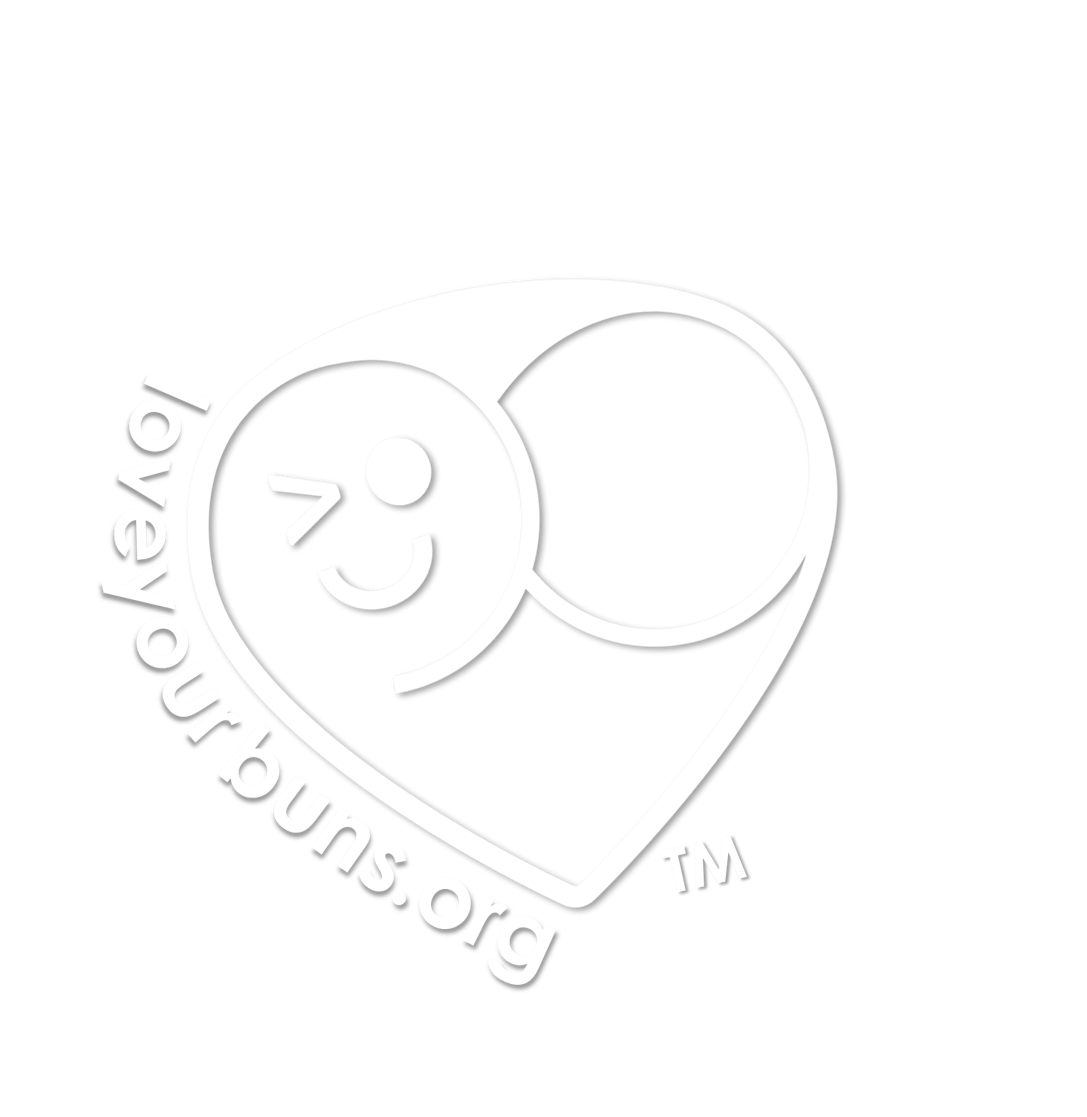Reduced Glycemic Load is Associated with 97% Lower Risk of Negative Outcomes
STUDIES SHOW...
A 2012 prospective, observational study of over 1000 colorectal cancer patients reporting dietary intake during and 6 months after participation in an adjuvant chemotherapy trial.
Findings suggested that colorectal cancer patients in the group with the highest dietary glycemic load (GL) experienced a higher degree of risk and negative outcomes compared with those in the lowest dietary GL.
CONCLUSION
Higher dietary glycemic load and total carbohydrate intake were statistically significant associated with an increased risk of recurrence and mortality. These findings support the role of energy balance factors in colorectal cancer progression and may offer potential opportunities to improve patient survival.
PMCID: PMC3502194
Our Advice
As always, we are not medical professionals! And this one is a little harder. Not only is it semi-complicated to calculate the Glycemic Load you are ingesting, but dieting in general is not always an easy task. What these findings tell us, is that there is a pretty clear moment when the risk levels increase rapidly - and that is somewhere between 140 and 155 glycemic load per day. Levels higher than 155 are associate with as much as 97% increase in risk, which is made even worse for study participants who were overweight - pushing the hazard increase to a significant 126%.
Conversely, the risk levels for GL intake at levels lower than 140, while significantly lower risk, they also seem to lack any additional benefit in reduced hazard ratio the lower you go. So our best advice here is probably to try to eat healthy and watch the carbs. Going full Keto may be helpful, but in the results of this study it doesn’t seem to be required.
HOW IS GLYCEMIC LOAD CALCULATED?
--Glycemic Index (GI) of a standard apple = 40
--Carbohydrate content of a standard apple = 15g
--Glycemic Load (GL) = (GI x Carbohydrate content) /100
--GL = (40 x 15) / 100
--GL = 6
Love Your Buns is a non-profit initiative aiming to remove stigma and improve awareness around rectal cancer, its prevalence and its symptoms. A growing epidemic in young adults, rectal cancer is easy to remove if caught early, however due to a variety of reasons, young adults are not likely to seek screening options like colonoscopies. This gap in screening is leading to more advanced disease at diagnosis and more challenging and strenuous treatment. We're working to Educate young adults to increase awareness of the signs and increasing prevalence of Rectal Cancer and to Empower informed decision making and Improve quality of life in Survivorship.
Donate to Love Your Buns Today
Medical Disclaimer - The information on this site is not intended or implied to be a substitute for professional medical advice, diagnosis or treatment. All content, including text, graphics, images and information, contained on or available through this web site is for general information purposes only. Love Your Buns makes no representation and assumes no responsibility for the accuracy of information contained on or available through this web site, and such information is subject to change without notice. You are encouraged to confirm any information obtained from or through this web site with other sources, and review all information regarding any medical condition or treatment with your physician. NEVER DISREGARD PROFESSIONAL MEDICAL ADVICE OR DELAY SEEKING MEDICAL TREATMENT BECAUSE OF SOMETHING YOU HAVE READ ON OR ACCESSED THROUGH THIS WEB SITE.
Love Your Buns does not recommend, endorse or make any representation about the efficacy, appropriateness or suitability of any specific tests, products, procedures, treatments, services, opinions, health care providers or other information that may be contained on or available through this web site. LOVE YOUR BUNS IS NOT RESPONSIBLE NOR LIABLE FOR ANY ADVICE, COURSE OF TREATMENT, DIAGNOSIS OR ANY OTHER INFORMATION, SERVICES OR PRODUCTS THAT YOU OBTAIN THROUGH THIS WEB SITE.

